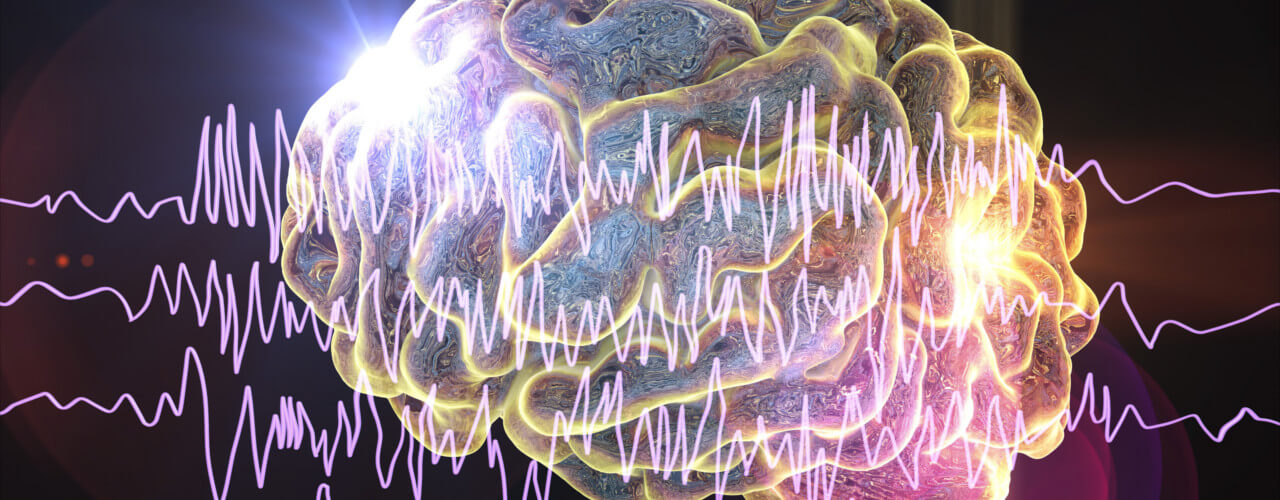Brain Injury
No one is immune to the possibility of concussion; although athletes, children, senior citizens, and those with ‘high-risk’ jobs are much more likely to suffer head and brain injuries. No blow to the head should be taken lightly. The long-term effects of untreated concussions, under-treated concussions, or mistreated concussions can be wide-ranging. The dysfunction caused by post-concussion syndrome can show up in many areas of life, including some areas you may not suspect. Here are 5 areas of life where a person with untreated concussion symptoms may struggle long after the injury has occurred:
Academics:
Student-athletes who suffer concussions may be sidelined; not only from sports activities but also from classes. It is not uncommon for students to miss weeks or even months of school while dealing with symptoms of concussion. Symptoms such as eye pain, blurred vision, memory loss, attention disorders, reading comprehension problems, and fatigue can make it nearly impossible for children and adolescents to focus and concentrate on schoolwork with any degree of success.
Relationships:
It can be difficult to cultivate or nurture meaningful relationships when you are dealing with long-term challenges caused by brain injury. Symptoms such as ‘brain fog’, chronic pain, and emotional dysregulation can damage relationships with family members, friends, and colleagues.
Job Performance:
Focus, attention, coordination, and mental timing are significantly impaired with most head injuries. These problems can have a profound negative impact on job performance. Left untreated, or inappropriately treated, the effects of these injuries can be long-lasting and often lead to decreased hours on the job, extended leaves of absence, demotions, further injury, and even termination of employment.
Physical Ability:
Balance issues, vertigo, dizziness, headaches, and other pain syndromes, heart rate irregularities, digestive issues, and even seizures are just some of the physical problems experienced by those with one or more concussions.
Mental Health:
Mental illness and behavioral disorders including ADHD, anxiety, depression, phobias, PTSD, and addiction are often the end result for many with untreated head injuries. Stress and emotional turmoil, as well as long-term inflammatory responses and altered neurotransmitter function caused by head injury, will very likely cause mental health challenges left untreated.
The bottom line is – you should always seek a thorough examination by a qualified practitioner after any head injury. There absolutely is hope for those suffering from the after-effects of concussions and post-concussion syndrome. Proper assessments and intervention strategies specific to your injury are the keys to improvement. For instance: cranial sacral therapy, QEEG/quantitative EEG (www.neuroquest.net) neurofeedback, vestibular/balance therapy, neuro-optometric evaluation (www.mindeyeconnection.com) and comprehensive cognitive brain retraining (www.designsforstrongminds.com), are just some of the strategies and interventions that, if coordinated and applied appropriately, can help you reduce and even eliminate many of the challenges and symptoms listed above. At Power In Motion Rehabilitation, we offer this hope through a thorough evaluation of your injuries and symptoms. We’re proud to collaborate with the above listed leading-edge professionals in brain injury recovery. Our team approach provides the most inclusive and coordinated interventions possible, for your maximum recovery.
For more information, Contact Power In Motion today at Libertyville, IL Center.

